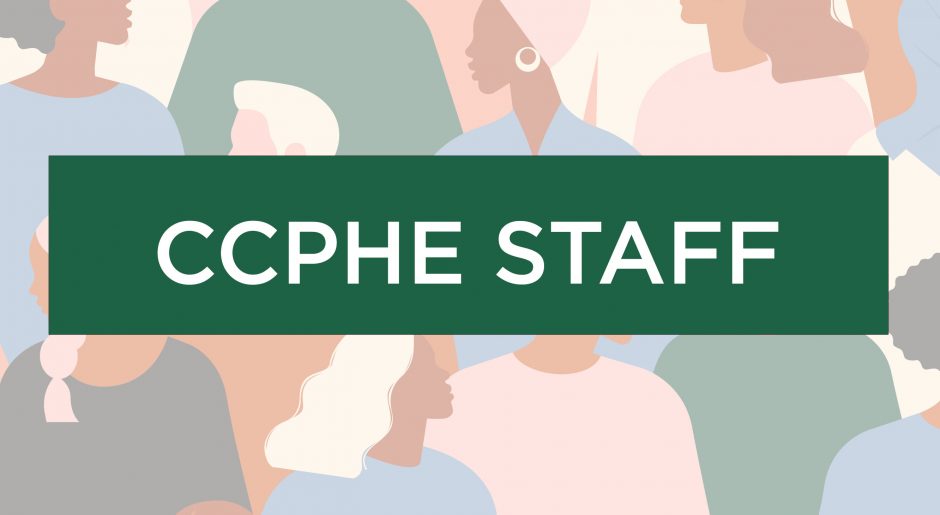Who We Are
The Canadian Collaboration for Prison Health and Education* is a research unit located in the School of Population and Public Health at the University of British Columbia. We are committed to encouraging and facilitating health, education, research, service, and advocacy to enhance the social well-being and reintegration of individuals transitioning from prison into their communities.
The importance of engaging with and taking direction from people with histories of incarceration underscores all our work. We use community-based participatory research approaches to engage impacted communities in all phases of research. We use strengths-based approaches to emphasize the skills, knowledge, resilience, and abilities of people with incarceration experience.
What We Do
- Conduct community-based participatory research and program evaluation.
- Work collaboratively with individuals who have experienced incarceration and community, health, and correctional organizations.
- Advocate for broad policy and practice change.
- Foster prison health education.
Please note: We do not provide health care services, legal advice or representation.
Background
CCPHE was established in 2006 by Dr. Ruth Elwood Martin. After working as a physician inside prisons for over 15 years, Dr. Martin saw the need to create a centre that focused on the health and wellbeing of people in who are incarcerated and those who are transitioning back into the community. People who have experienced incarceration experience vast health inequities compared to the general population. The majority of people admitted to prison have complex health problems that began prior to incarceration. Left unaddressed, these issues present reintegration challenges and health risks upon release. An estimated 70% of people in BC correctional centres have a mental health or substance use disorder and illicit drug overdose has been identified as the leading cause of death among people with criminal legal system involvement in BC.
In addition to complex health needs and increased risk for substance-related harms, people returning to the community after incarceration face other barriers to reintegration, including unstable housing, lack of employment opportunities, disrupted social supports (including relationships with friends and family) and difficulties accessing health services. These barriers to reintegration can increase the likelihood of re-incarceration.
There is a clear need to address the multi-faceted issues facing people who have experienced incarceration in order to improve health outcomes and support successful community reintegration. CCPHE seeks to foster collaboration and partnerships between universities; health, community, and correctional organizations; and community members to achieve those aims.
*Originally named the Collaborating Centre for Prison Health and Education, CCPHE removed the word ‘Centre’ from its title to be consistent with UBC’s 2021 ‘Guidelines and Procedures for Faculty of Medicine Research Centres and Institutes.’ On April 6th, 2022, CCPHE changed its title to the Canadian Collaboration for Prison Health and Education. All documents, materials and resources produced by CCPHE from 2006 until the application of the new guidelines will continue to carry the original title.


